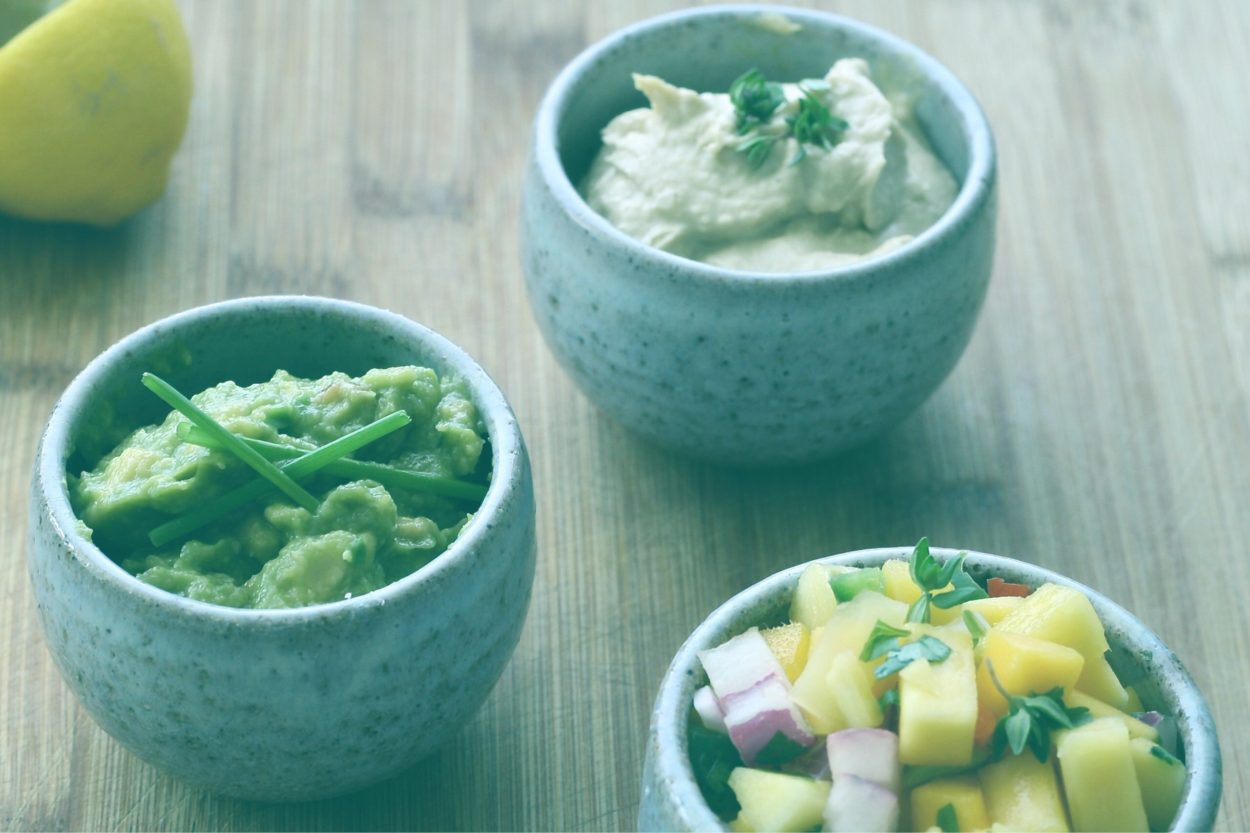
It’s difficult to convince people they need to eat less meat. Eating meat with every meal is a cultural tradition so ingrained in our society that those who opt of of the traditional eating patterns, vegetarians and vegans, are often met with criticism.
Since I began my nutritional journey about 10 years ago, I’ve tried out veganism, vegetarianism, and pescetarianism (vegetarian, but eats fish), fueled by the knowledge that the amount of meat we consume is both unnecessary, and often harmful. These days I eat meat in moderation; never eat red meat, and only consume organic fish, chicken, or turkey. Yup, I’m a meat snob.
Recently, a large study done in the U.S. about protein sources has found there to be a strong link between high amounts of animal protein and cardiovascular disease and cancer. This isn’t news to the nutrition community, but to the rest of the world who believe large quantities of meat to be paramount in the diet, it is. Nutritionists have known for years that high amounts of animal protein, while supplying complete proteins, have a high fat and toxin content that can lead to many health problems. Animal proteins are also more taxing to the digestive system. Fortunately, high amounts of animal protein in the diet are not necessary since there are so many great plant protein sources.
Some of the best sources of plant-based protein are:
QUINOA
- Provides all of the essential amino acids (a complete protein)
- Source of iron, copper, folate, magnesium, manganese, potassium, vitamin B1, B2, B3 & B6, zinc, and phosphorus.
SOYBEANS
- A complete protein source
- Helps to lower cholesterol
- Also contains calcium, iron, fiber, magnesium, phosphorus, potassium, zinc (plus too many other nutrients to list here, but you get the idea)
CHICKPEAS
- Contains protein, fiber, calcium iron, and a ton of other nutrients your body needs
AVOCADO
- Has more protein than any other fruit – nearly 4 grams
- Contains vitamin B1, B2, D, B3, B6, calcium, potassium, folate, and more
ALFALFA JUICE
- Contains 8 essential amino acids that the body needs to build proteins.
- Can help lower cholesterol
SPIRULINA
- High in iron, protein, and is one of the few vegetarian sources of vitamin B12
- Protects the immune system, reduces cholesterol
CHIA SEEDS
- Contain many essential amino acids
- Source of fiber, calcium, iron, magnesium, potassium, zinc, and more.
LENTILS
- Contain protein, fiber, potassium, folate, phosphorus, magnesium, and more.
BREWER’S YEAST
- Extremely high in the B vitamins, including B12, and contains selenium and chromium
- High in protein
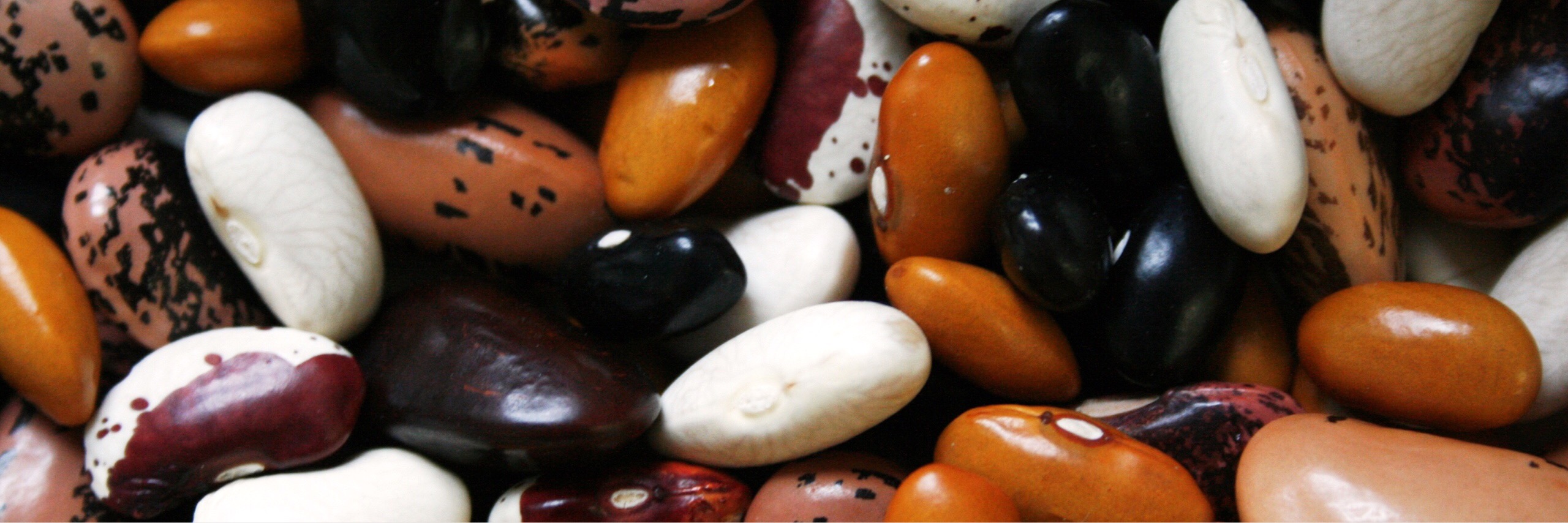
Complete Proteins
Animal protein sources are all considered complete proteins because they contain all the essential amino acids. Amino acids are the building blocks of protein, and proteins are the building blocks for all tissues and cells. With plant protein sources that are incomplete sources of amino acids (are missing one or more of the essential amino acids), combining them with other plant protein sources that contain those missing essential amino acids is how you can get all the building blocks your body needs. Some combinations that will create a complete protein are:
Beans: Combine with corn, nuts, rice, seeds, or wheat
Legumes: Combine any grain, nuts, or seed
Rice: Combine with beans, nuts, seeds, or wheat
Vegetables: Combine with grains, seeds, or nuts
In Conclusion
I’m not saying you need to eliminate meat from your diet; just eat less. You don’t need to rush out right now to replace the chicken you’ve got cooking in the oven because it’s not necessary to do so. Make a conscious effort to incorporate more plant-based sources of protein into your diet and your body will be healthier for it.

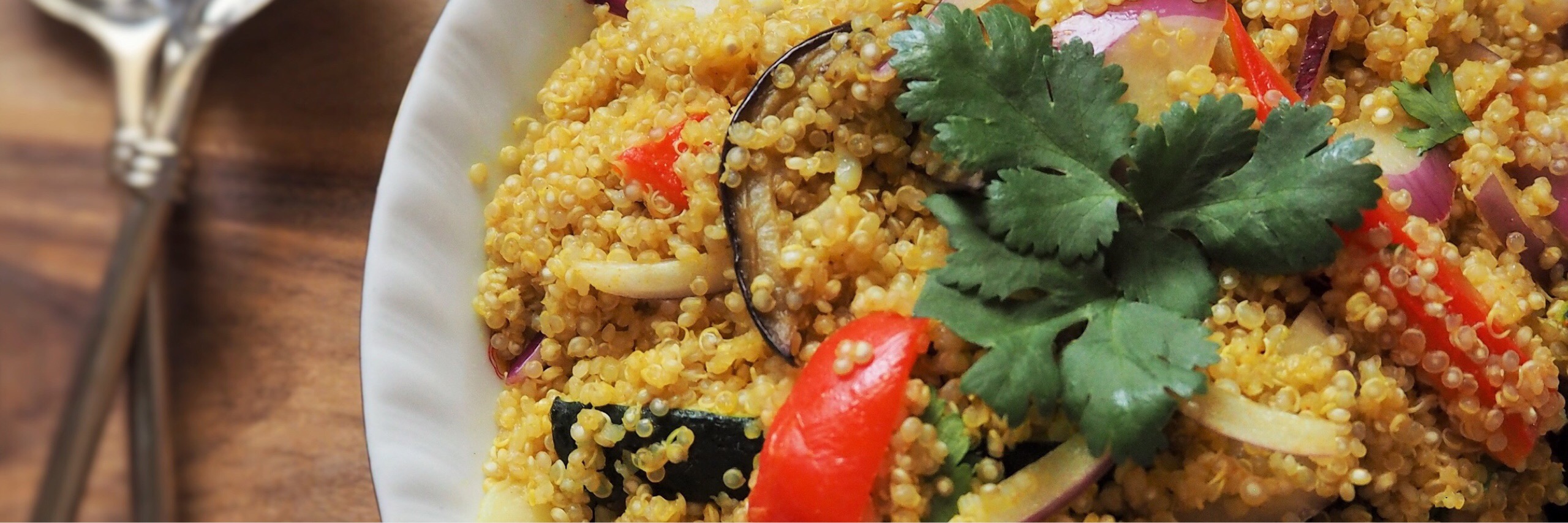
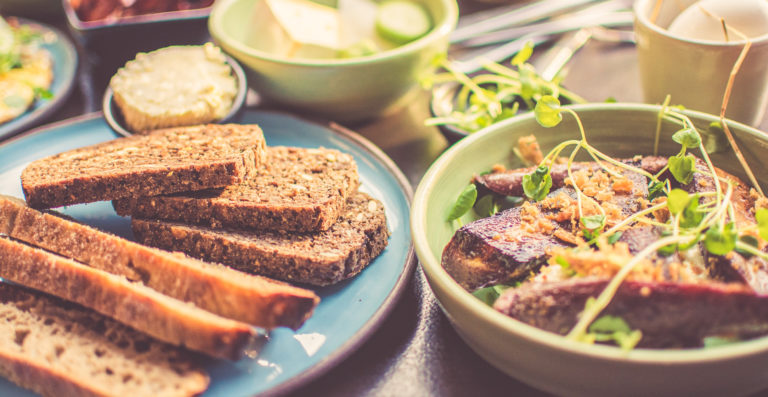
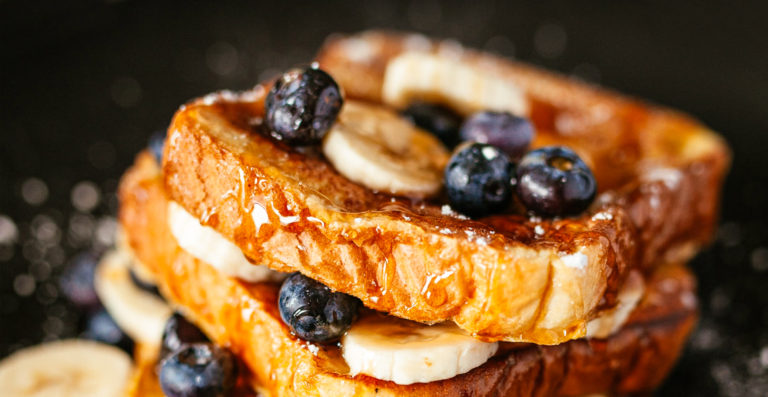
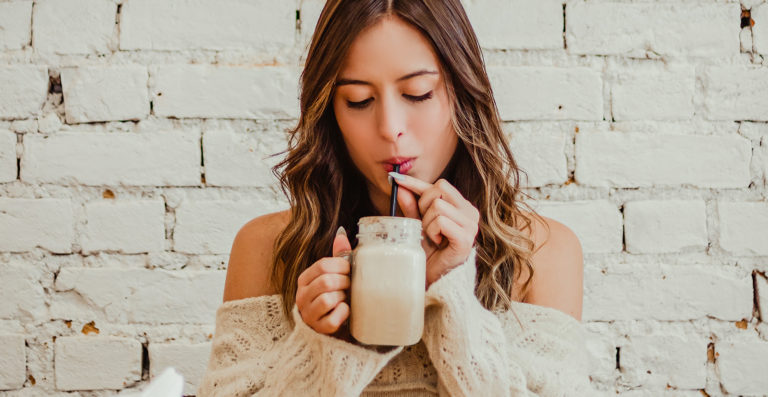
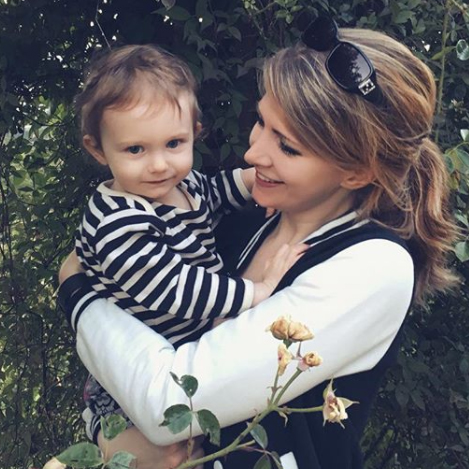
Leave a Comment